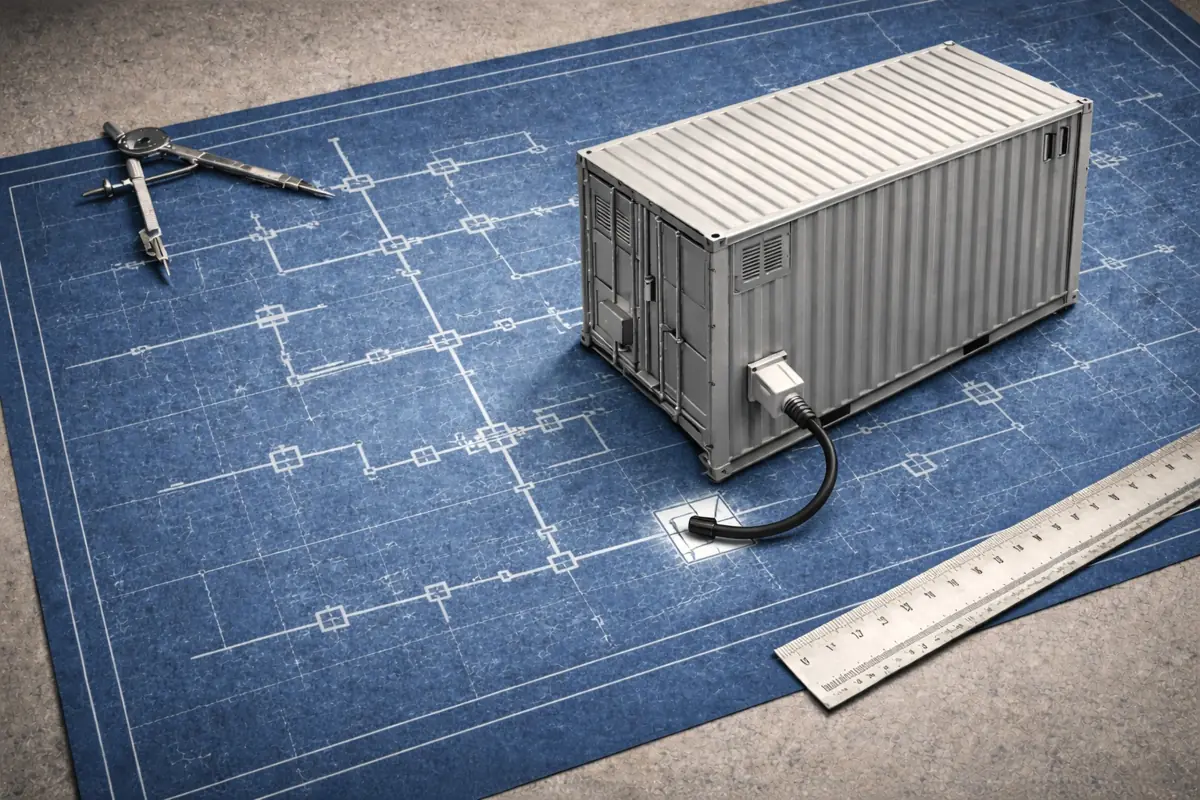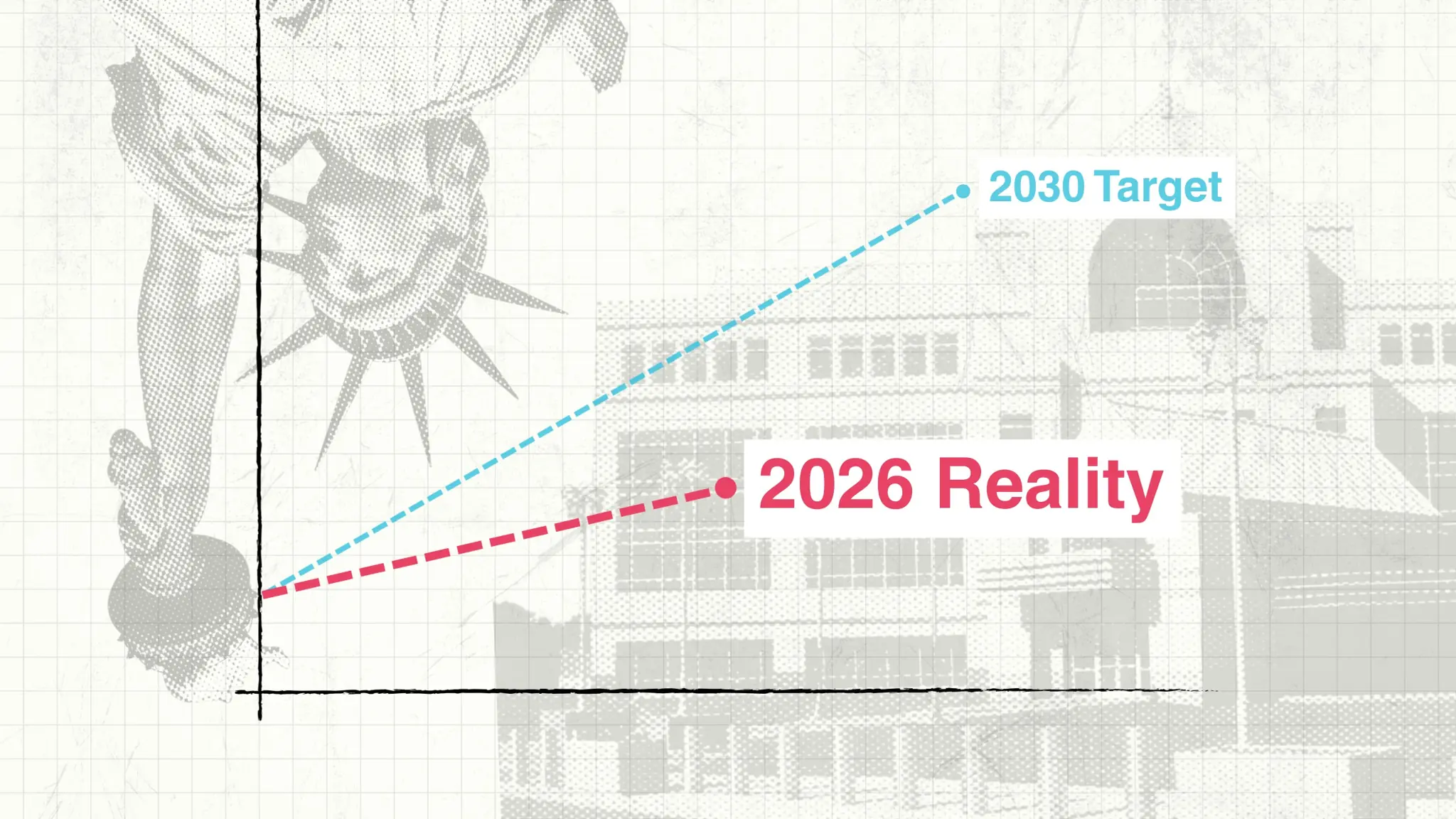ERCOT: What conditions (if any) impact battery energy storage availability?
ERCOT: What conditions (if any) impact battery energy storage availability?
Executive Summary
- ERCOT battery energy storage systems had an average availability of 93% since 2021, significantly higher than the 76% average for thermal generators.
- Extreme temperatures had minimal impact on availability, with only small declines on days below 35°F or above 105°F.
- High-revenue opportunities did not increase availability—batteries remained online at consistent rates.
Subscribers to Modo Energy’s Research will also find out:
- How some battery owners achieved 97%+ availability and outperformed the ERCOT average.
- Why system tightness can temporarily reduce battery availability despite strong revenue incentives.
- How ERCOT battery availability compares to other generation types in reliability and operational consistency.
To get full access to Modo Energy’s Research, book a call with a member of the team today.
Introduction
Battery energy storage systems earn revenues by dispatching energy to the grid or by providing Ancillary Services - but only when they are online and operational.
Availability refers to how much and how often a battery can export power. But how available are battery energy storage systems in ERCOT?
Since January 2021, battery energy storage systems in ERCOT have had an average availability of . This means that, at any given time, we can expect 93% of the total rated power (MW) of batteries in ERCOT to be online and available.
Already a subscriber?
Log in







